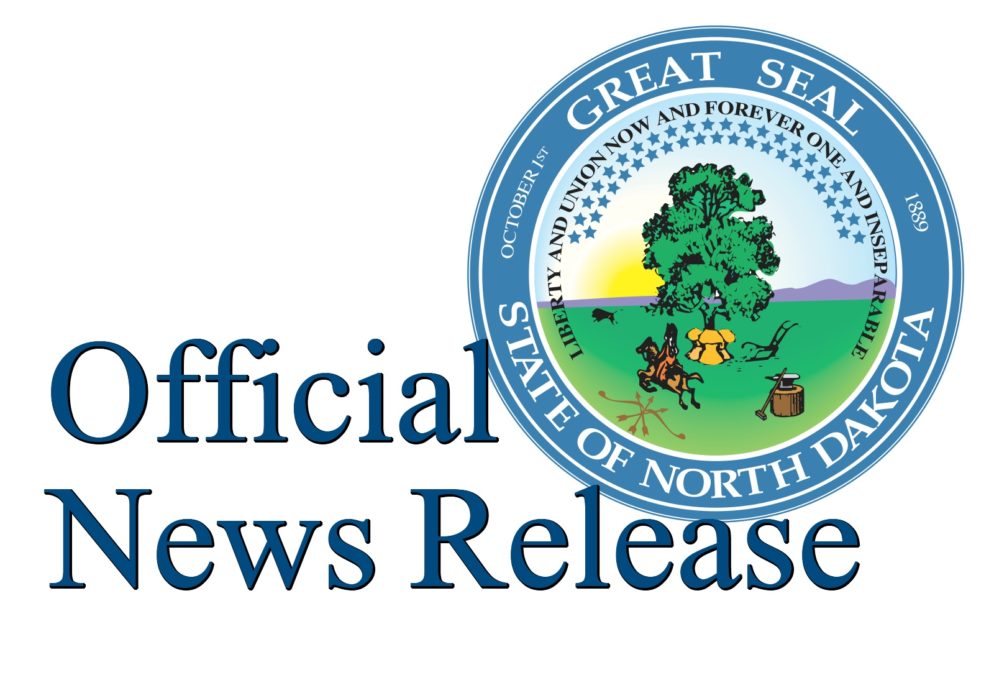There’s been a lot of news surrounding Measles outbreaks around the country, and in response the ND Department of Health issued a news release on the issue and the importance of getting your kids vaccinated.
— Official News Release, ND Department of Health —
The North Dakota Department of Health (NDDoH) is reminding North Dakotans of the importance of vaccination, as measles cases continue to increase in the United States. The Centers for Disease Control and Prevention (CDC) has reported 84 cases of measles from 14 states since the beginning of the year. Several cases have been linked to the Disneyland theme park and Disney California Adventure Park in Anaheim, California.
Additionally, states surrounding North Dakota have reported recent cases of measles. In December, South Dakota reported its first case of measles since 1997. The case resulted in an outbreak of 13 unvaccinated people. On January 24, another case of measles in an unvaccinated child was reported in South Dakota, which has not been linked to the initial outbreak reported in December. On January 29, Minnesota reported a case of measles in a university student.
“Measles can be a severe, life-threatening illness,” said Amy Schwartz, Immunization Surveillance Coordinator for the North Dakota Department of Health. “Measles is a virus that causes rash, cough, runny nose, eye irritation and fever. It can lead to ear infection, pneumonia, seizures, brain damage and death. About one in four measles cases in the California outbreak have been hospitalized. These cases serve as a reminder that measles cases can and still do occur in the United States. Measles is a disease that reappears when immunization coverage rates fall, so getting yourself and your loved ones immunized is a safe and effective way to protect yourself against this disease.”
All children are recommended to be vaccinated against measles at ages 12 to 15 months and 4 to 6 years. Measles is included in a combination vaccine with mumps and rubella (known as MMR vaccine). Adults at high risk for measles, including health care workers, international travelers and college students, should have two doses of MMR vaccine or laboratory evidence of immunity to measles, regardless of age. All other adults born in 1957 or later should have at least one dose of MMR vaccine. Adults born before 1957 are presumed to be immune to measles because the disease was so widespread before 1957 that it is likely they were exposed to or had the disease. Adults who are not at high risk for measles who have already had at least one dose of MMR vaccine or who were born prior to 1957 are not routinely recommended to receive booster doses of MMR vaccine.
MMR vaccine is required for entry into childcare, school and college in North Dakota. However, parents are able to claim religious and philosophical exemptions to immunization requirements. Currently, about one in ten children entering kindergarten in North Dakota are not up-to-date for MMR vaccination. “The MMR vaccination rate is concerning because measles is so contagious that high rates of MMR vaccination are needed to prevent the transmission of measles in the community,” said Schwartz.
The NDDoH has reminded schools and colleges to verify the MMR vaccination status of their students. Information was also distributed to North Dakota health care providers reminding them to consider measles as a diagnosis in patients presenting with symptoms consistent with the disease.



